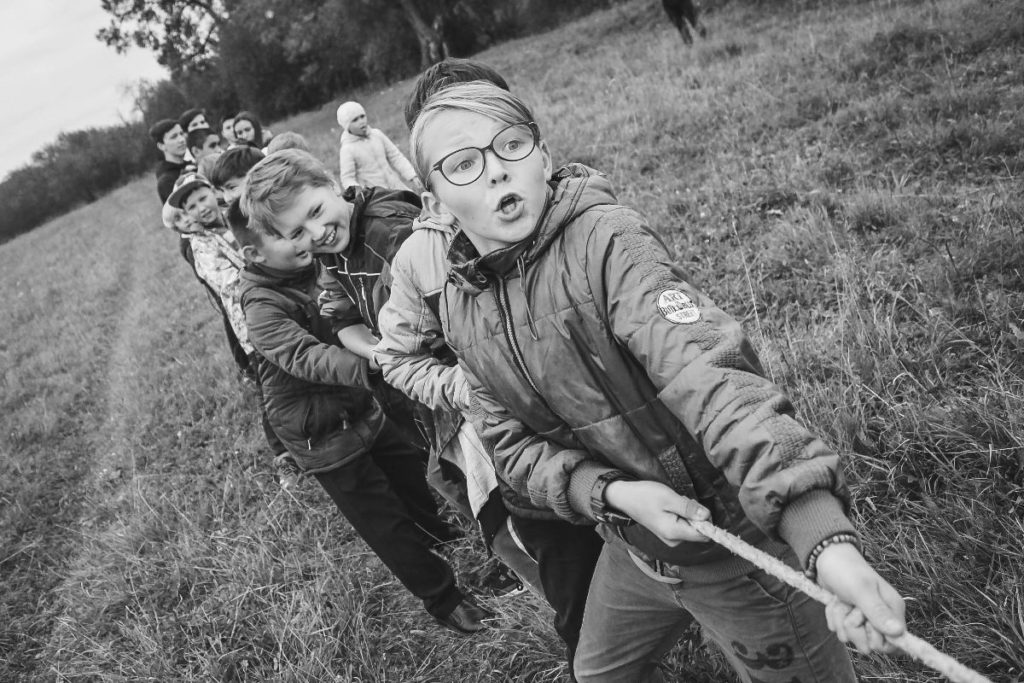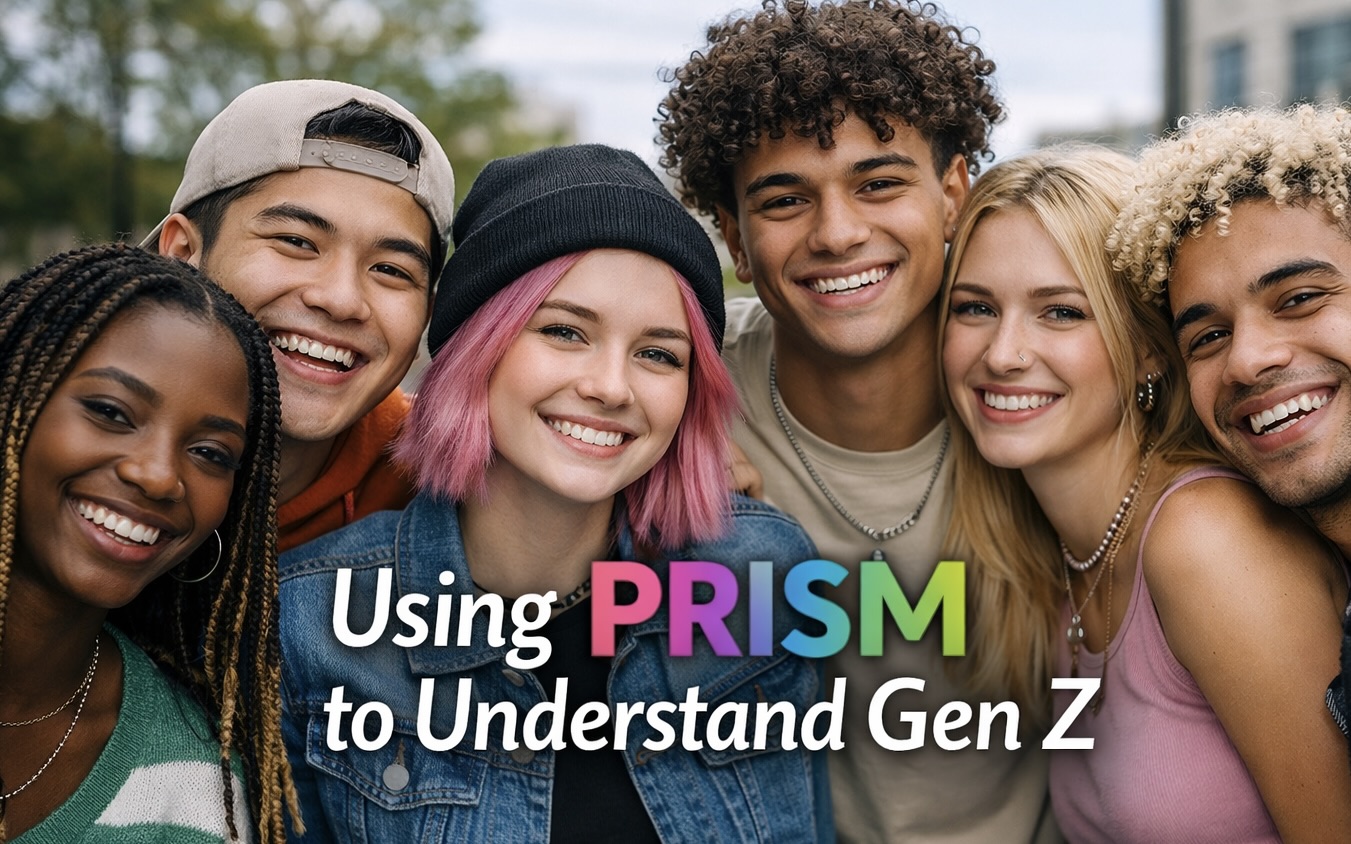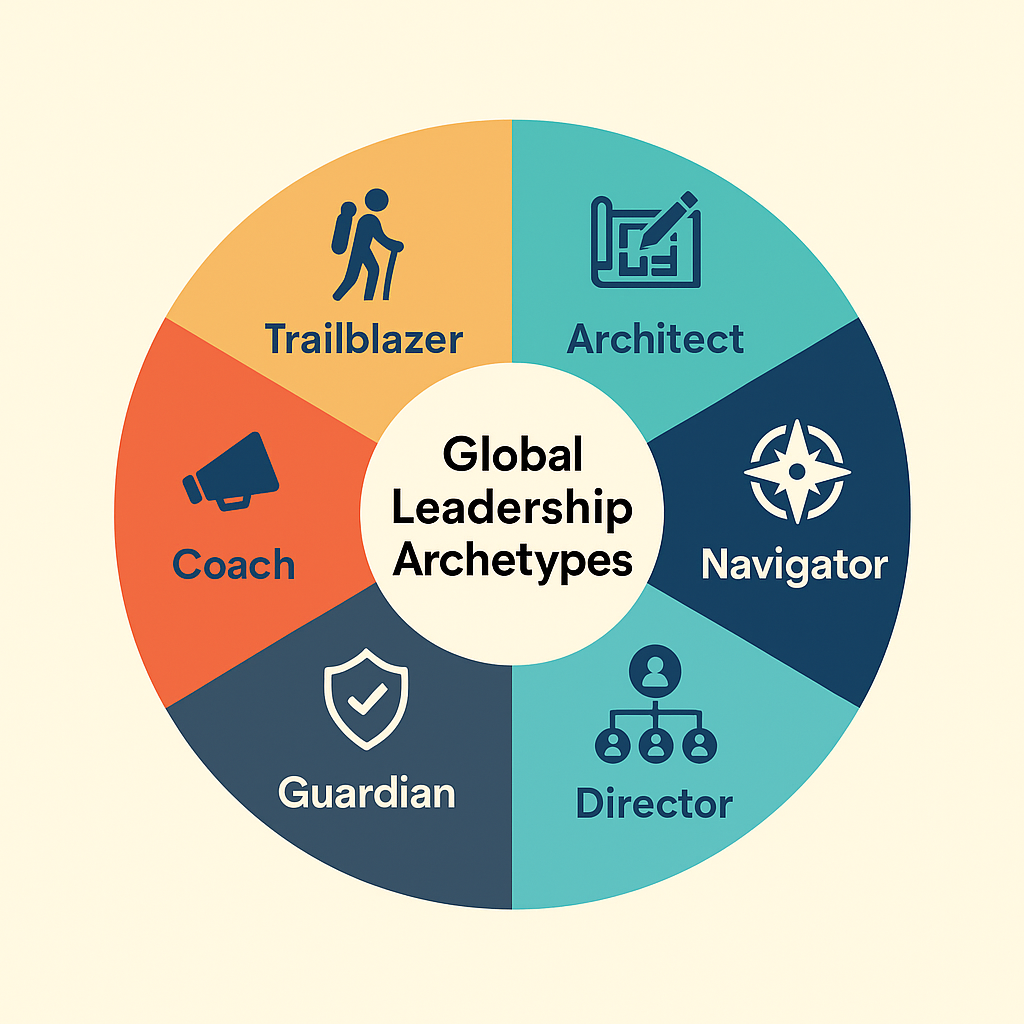
A global pandemic has done little to bridge our tribal divides: Maskers vs. Anti-Maskers, Nationalists vs. Globalists, Police Supporters vs. Black Lives Matter…and the list keeps going.
If there was ever a time to put aside our differences, it’s now. We need the creativity, resources, and discipline of all of us to fight Covid-19 and its myriad spill-over effects on mental health, economical progress, education, and the list goes on.
Research from a variety of studies, including some of our cultural intelligence findings, points to a seemingly simple solution—Get divided groups to talk to each other to solve a shared problem. It sounds a little too Pollyannaish to be true—right? If the back and forth on social media is any indication, voicing different opinions is doing little to reduce tribalism. And the sound of manila dialogue about racism, economic fallout, and national elections leaves me bored. But that’s not the kind of conversation I’m after. We need culturally intelligent conversations that use our differences to get us out of this mess.
Let’s begin with a refresher on Muzafer Sherif’s classic Robber’s Cave Experiment. Sherif and his colleagues brought two groups of 12-year-old boys to camp. They were all white kids from similar middle-class backgrounds, and none of them knew each other prior to the study. Each group arrived at camp, unaware of the other group’s existence. The first week, they bonded with their respective groups by hiking, swimming, sharing meals, and doing all the fun things you do at camp. They named themselves the Eagles and the Rattlers.
The second week, the two groups were introduced to each other. Competitive activities were set up like baseball and tug-of-war, with the level of competition gradually increasing. Awards were given to the winning team. The competition escalated from name-calling into burning each other’s flags, vandalizing each other’s property, and getting into physical fights. In a matter of hours, the boys did what we all do by default—they created us vs. them tribes.
The researchers began to work on ways to break down the divisions between the campers. Fun activities were planned for the two groups to do together—shared meals, watching movies, and pairing up boys from each group to swim, hike, or play ball together. It didn’t work. The minute the boys were back in their groups, they resorted to food fights, name-calling, and brawling with the other side.
Next, the researchers created a number of obstacles that the groups had to work together to solve. The camp’s water supply was shut off, and a truck bringing the campers food wouldn’t start. At first, the groups immediately resorted back to their rivalries as soon as the challenge was resolved. But over time, the continued pursuit of shared goals began to reduce the conflict. Name-calling stopped, meals began to reflect intermingling between groups, and Eagle and Rattler friendships began to emerge. By the end of camp, they all rode the bus back home together, singing and laughing as one group.
There’s compelling research that spending time with the “other side” and engaging in goal-oriented conversations is a critical part of building a more culturally intelligent world. This was an idea first developed by Gordon Allport, something he called “Contact Hypothesis.” Allport offered guidance on how to use solution-focused dialogue to reduce conflict and discrimination:
- The members from both groups need to have equal status. If one group is treated as subordinate, the interaction makes things worse.
- There has to be a common goal (such as saving as many lives as possible during a global pandemic!).
- The members of both groups have to commit to DOING something together. It’s the act of solving something together that begins to change attitudes about one another.
- Institutional support is needed (e.g., all of this depends on culturally intelligent leadership guiding and supporting the contact between groups).
Each of us can start by applying this social science interpersonally. Think of someone who has a diametrically opposed view about something you both care deeply about. Agree to get together with the goal of seeing if you can accurately understand one another’s perspective and to identify something you can do together to address the issue you both care about. In-person contact is more effective than virtual, but given our current circumstances, virtual still works.
Use these rules of engagement:
- Argue like you’re right. Listen like you’re wrong. I first heard Adam Grant say this, and I use it all the time to frame our leadership meetings at the CQ Center.
- No name-calling or labels. We can do better than that. And it does nothing to move the conversation forward.
- Avoid media-scripted talking points. Formulate your own point of view. If you never disagree with your trusted media sources, consider whether you’re being duped.
- See if you can neutrally describe each other’s point of view. No evaluative or judgmental language allowed.
- Identify a challenge you can work on together.
Next, bring the insights of “contact hypothesis” theory into your professional life. If you’re a teacher, facilitate this kind of goal-oriented dialogue in your classroom. If you’re a manager, use this approach to address work-related differences and then find appropriate ways to get your team engaging in goal-oriented conversations about politics, religion, and social issues.
It’s going to take more than polite conversations to bridge our political divides and tribalism. But the first step toward evolving beyond our tribal camps of us vs. them is spending time with the other tribe. If ever we’ve had a common enemy that doesn’t come from anyone geopolitical place or political tribe, it’s Covid-19. This virus doesn’t care if you’re red, blue, Qatari, Emirati, Arab, or Jew. Our diversity won’t solve this global pandemic. Left to our tribal differences, we’ll continue to act like a group of 12-year-olds fighting over who gets to eat first. But our diverse perspectives, combined with culturally intelligent dialogue and action, can help us move beyond the “cancel culture,” “lockdown or not,” debates to creating solutions we all need.
Many of our appointed leaders across the globe aren’t leading us with cultural intelligence. They’re using this moment to deepen their tribe’s loyalty rather than transcending their in-group perspectives to fight this thing for us. So let’s figure this out on our own. And for those us voting in the coming months, let’s elect individuals who have the cultural intelligence to guide and support difficult, goal-oriented conversations that leverage our differences rather than using them to further destroy us. If a group of 12 year-olds can do it, so can we.
For more information about the book check out this Q+A with Dave below!



